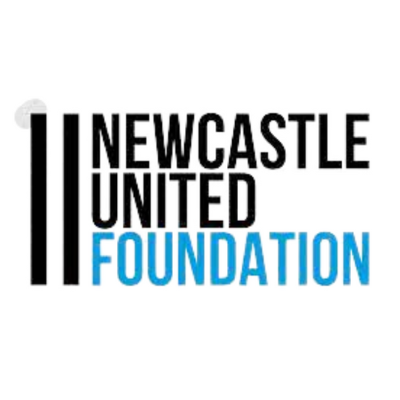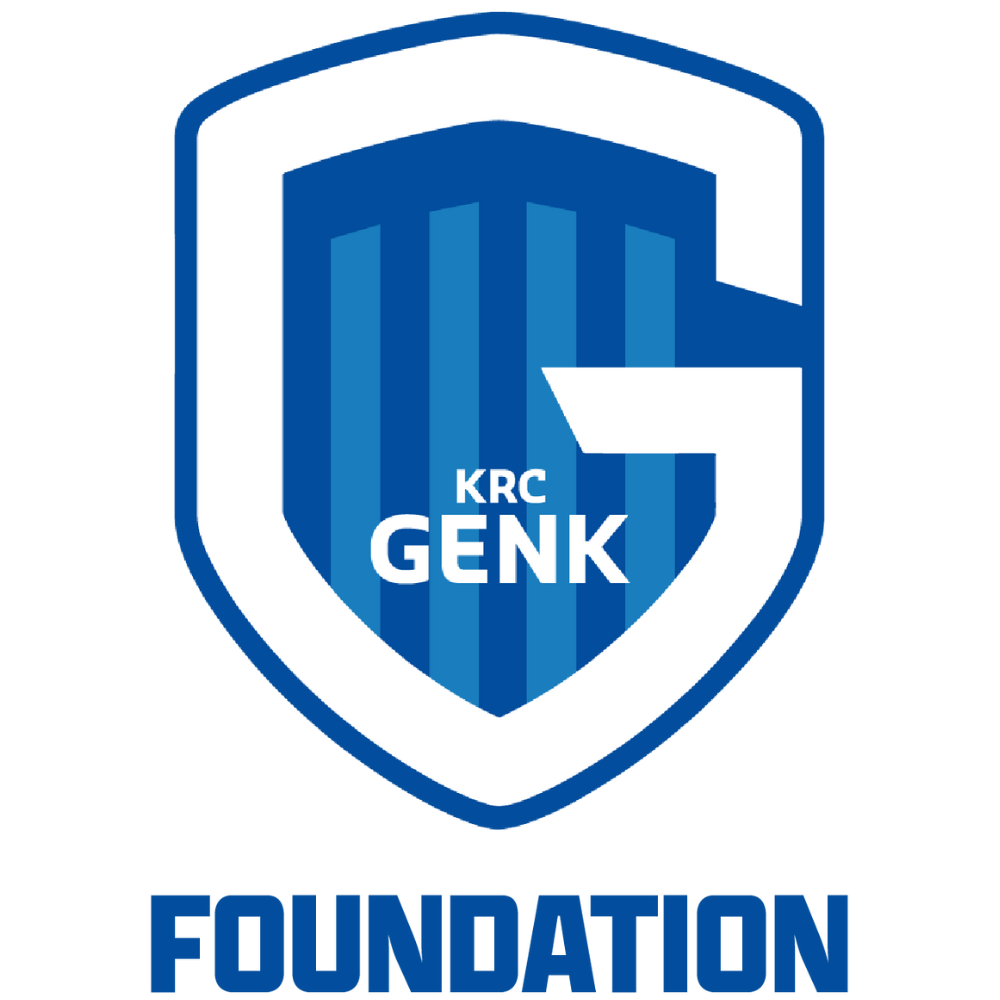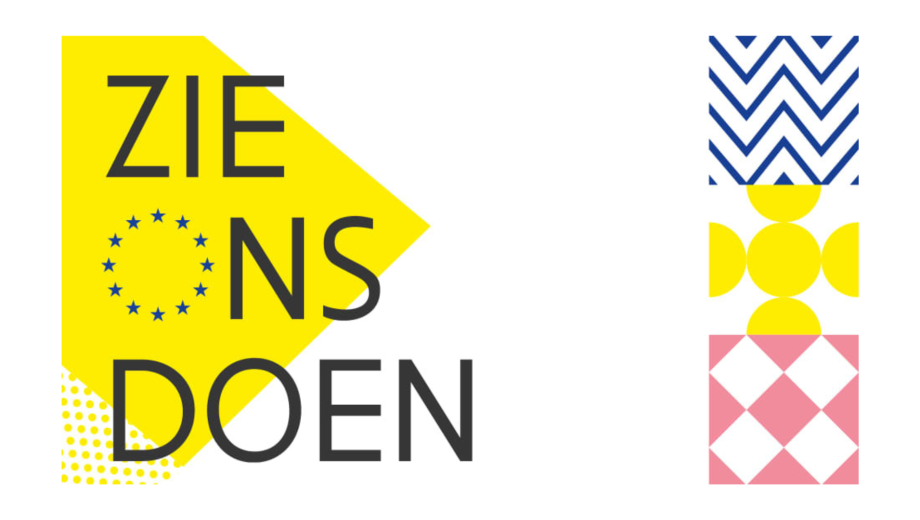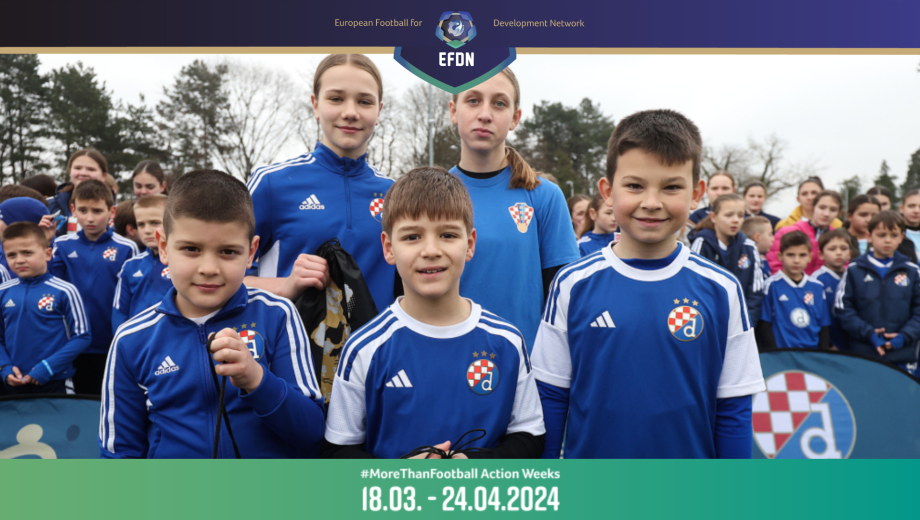EFDN Keeping The Elderly Physically Active and Healthy
This year 2020 is the 30th Anniversary of the International Day of Older Persons. On 14 December 1990, the United Nations General Assembly designated October 1 as the International Day of Older Persons. This was preceded by initiatives such as the Vienna International Plan of Action on Ageing, which was adopted by the 1982 World Assembly on Ageing and endorsed later that year by the UN General Assembly (UN). The European Football for Development Network (EFDN) and participating organisations are observing the day as part of the #Morethanfootball Action Weeks. Awareness is raised on a variety of programmes that work with the elderly and aging.
This year has also seen an emergence of COVID-19 that has caused upheaval across the world. Considering the higher risks confronted by older persons during the outbreak of pandemics such as the Coronavirus, policy and programmatic interventions must be targeted towards raising awareness of their special needs. Recognising the contributions of older persons to their own health and the multiple roles they play in the preparedness and response phases of current and future pandemics is also important.
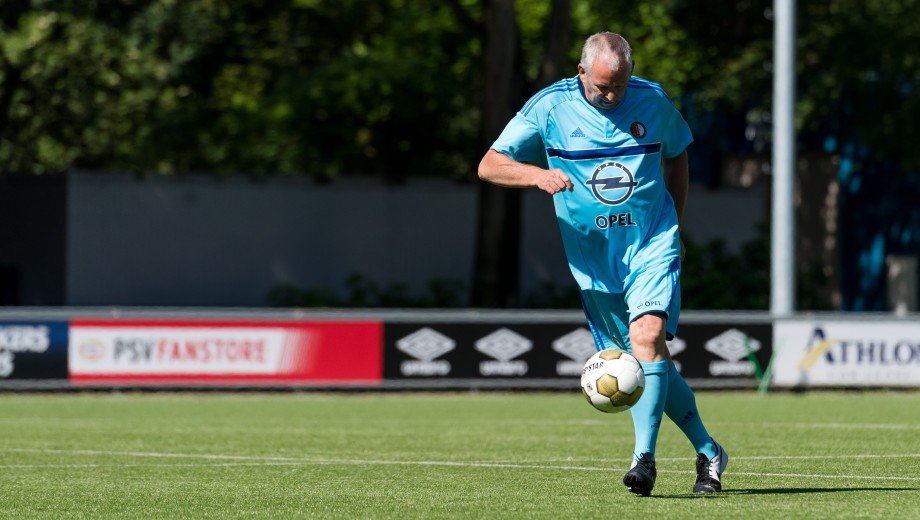
Football’s efforts to support the aging and elderly during the Covid-19 pandemic did not stop. When nations around the world began implementing lockdowns forcing hundreds of millions of people around the world to stay at home to flatten the curve, football clubs, leagues and FAs and their community organisations launched support schemes.
The football community saw the need for strength, unity and solidarity and responded accordingly. Food banks were set up to provide for those struggling financially. Donations were made to hospitals and health care workers in financial and humanitarian aid. Countless online challenges circulated through social media channels to continue promoting positivity and healthy habits even during such unprecedented times.
Among the groups identified by the football community as most in-need of support were the elderly. Football clubs, leagues and FAs around Europe came together to help their elderly fans and community members. They held long-distance fitness sessions and concerts, hosted e-meetings so Walking Football teammates could virtually reunite and delivered fitness manuals and other necessities door-to-door.
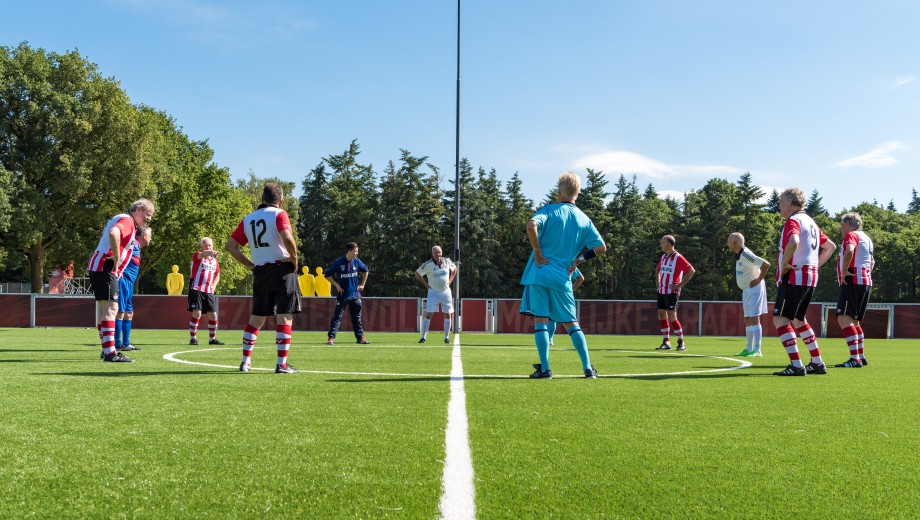
EFDN implements several programmes that support a variety of sustainable actions including:
ActivU – the Activate Healthy Lifestyle through Counselling for You (ActivU) project addresses the topic of encouraging participation in physical activity following EU Guidelines. It aims to increase awareness and behavioural change in former active citizens with and without disabilities toward a healthy active lifestyle. This is achieved through the enrichment of counselling and also prescription procedures to enhance the effective use of physical activity and other health-related behaviours.
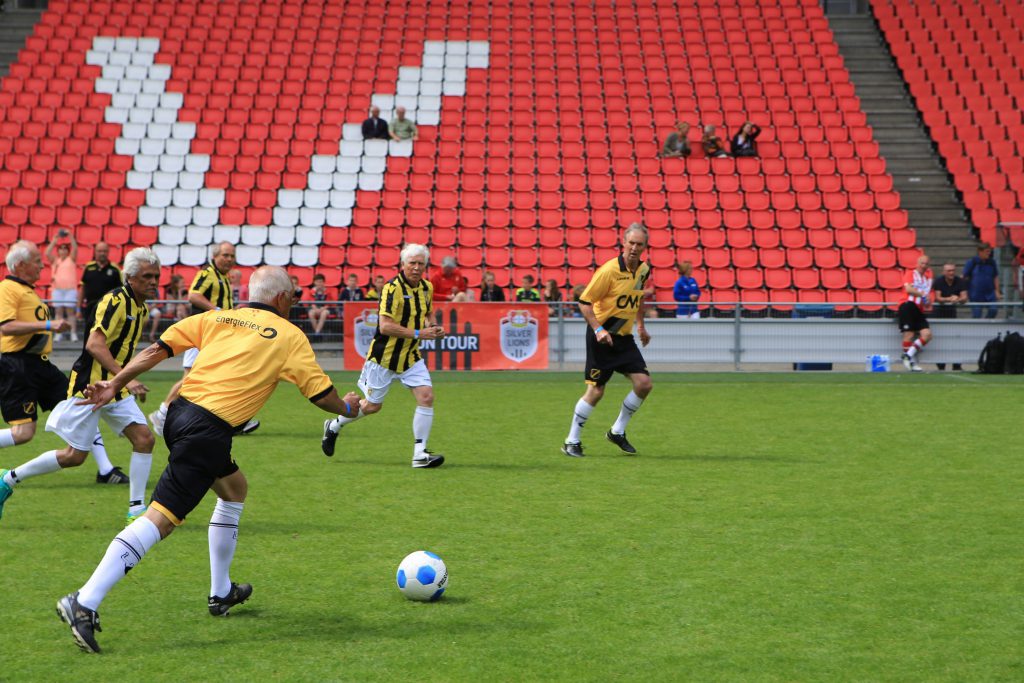
Walking Football League – it reaches people aged 50 years and older that until recently were out of reach for grassroots sport clubs and sport based community organisations. The methodology has been very successful in England and the Netherlands and upon implementation elsewhere in Europe, the project attracted numerous participants with a desire to get active again. It also produced a Walking Football and Walking Sport practitioner’s guide that sport clubs, community organisations and sport governing bodies from all parts of Europe can use to implement this methodology in their own region and inspire thousands of others.
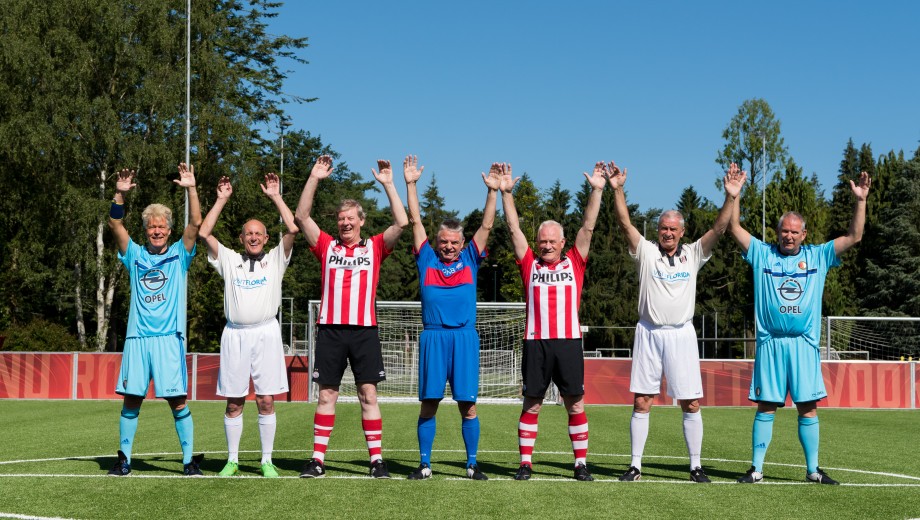
How does your organisation contribute to the betterment of elderly and aging people? Highlight your projects and use #morethanfootball on social media.
ActivU
European Legends
